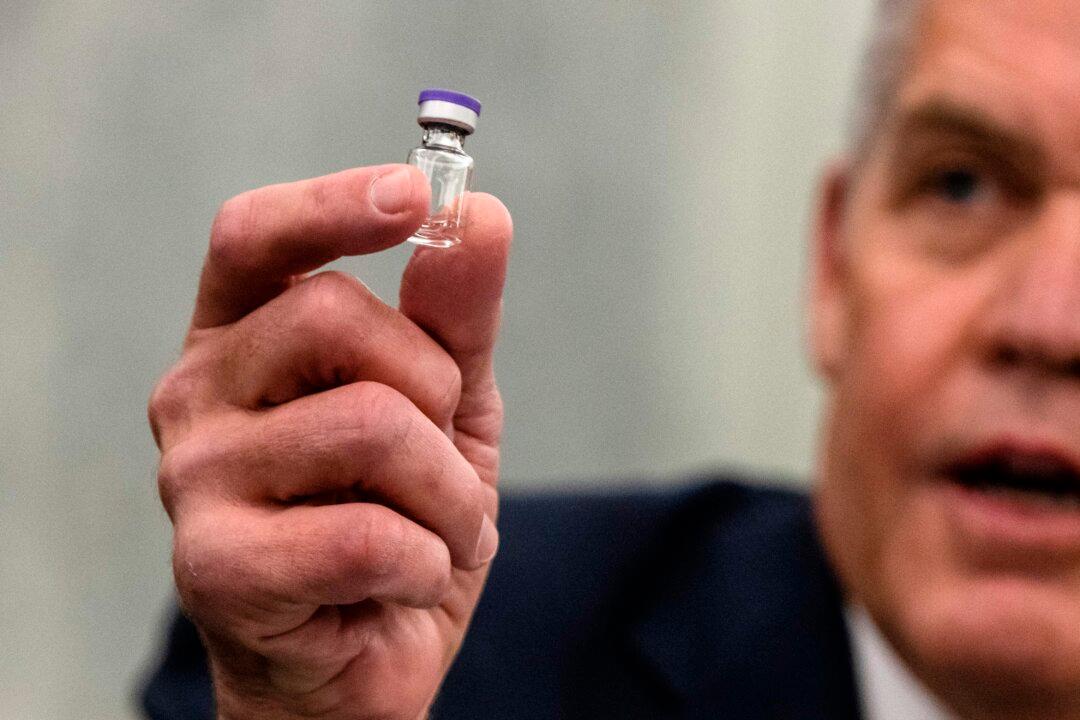WASHINGTON—A 23-member vaccine advisory panel voted on Dec. 10 to support the emergency use authorization (EUA) of the COVID-19 vaccine created by Pfizer-BioNTech.
The final decision and official authorization will likely be taken up quickly by the Food and Drug Administration (FDA), ultimately triggering a massive distribution effort.





